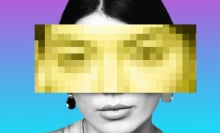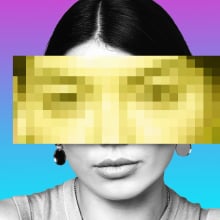A U.S. federal court has partially dismissed a class action lawsuit accusing OpenAI of infringing on copyright by training its AI chatbot on authors' work. This doesn't mean ChatGPT's developer is in the clear, though.
Brought by authors Paul Tremblay, Sarah Silverman, Christopher Golden, and Richard Kadrey, the lawsuit specifically accuses OpenAI of direct copyright infringement, vicarious copyright infringement, knowingly distributing a work after removing its copyright information, unfair competition, negligence, and unjust enrichment.
However, four of these six allegations were thrown out on Monday, with a California judge Araceli Martínez-Olguín determining that the plaintiffs had not provided enough facts or reasoning to support their claims.
"Plaintiffs fail to explain what the [OpenAI language model] outputs entail or allege that any particular output is substantially similar — or similar at all — to their books," Martínez-Olguín wrote, specifically addressing the allegation of vicarious copyright infringement.
The only two claims left standing are the allegation of direct copyright infringement, which was the sole allegation which OpenAI did not attempt to have dismissed, and the accusation that the company is engaged in unfair business practices.
"Assuming the truth of Plaintiffs’ allegations — that Defendants used Plaintiffs’ copyrighted works to train their language models for commercial profit — the Court concludes that Defendants’ conduct may constitute an unfair practice," wrote Martínez-Olguín.
Though undoubtedly a blow to the plaintiffs, the court's rejection of the majority of their claims doesn't mean this case is done and dusted. The plaintiffs now have until Mar. 13 to file an amended complaint addressing the issues raised, which may put their dismissed complaints back on the agenda. OpenAI also still needs to address the two allegations which weren't dismissed.
The development of generative AI technology has been plagued by legal and ethical issues, with OpenAI facing multiple legal challenges regarding its AI chatbot. Last December The New York Times sued both OpenAI and its major financial backer Microsoft in a similar case, alleging that they'd used the publication's copyrighted articles to train their AI chatbot.
Topics Artificial Intelligence OpenAI













